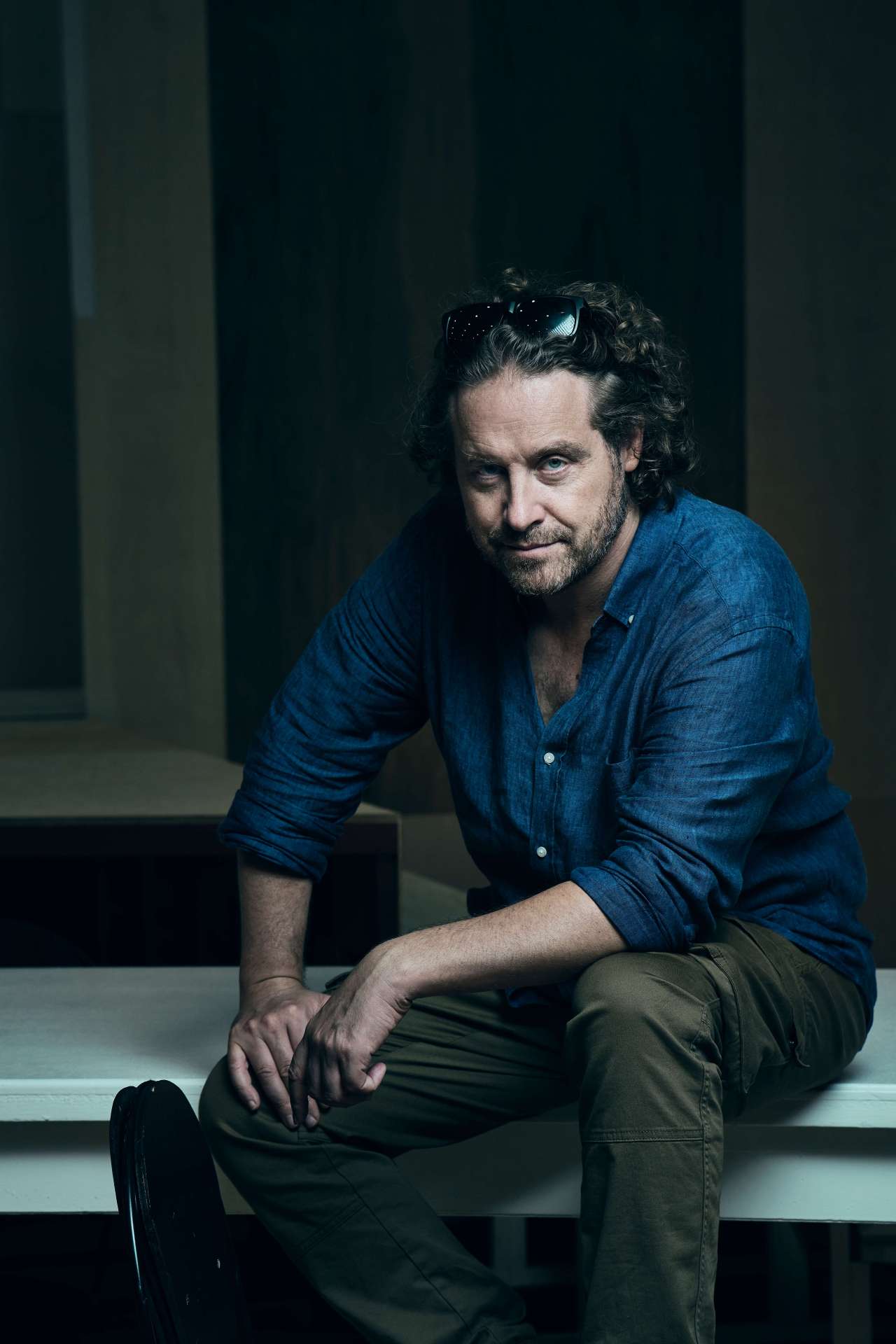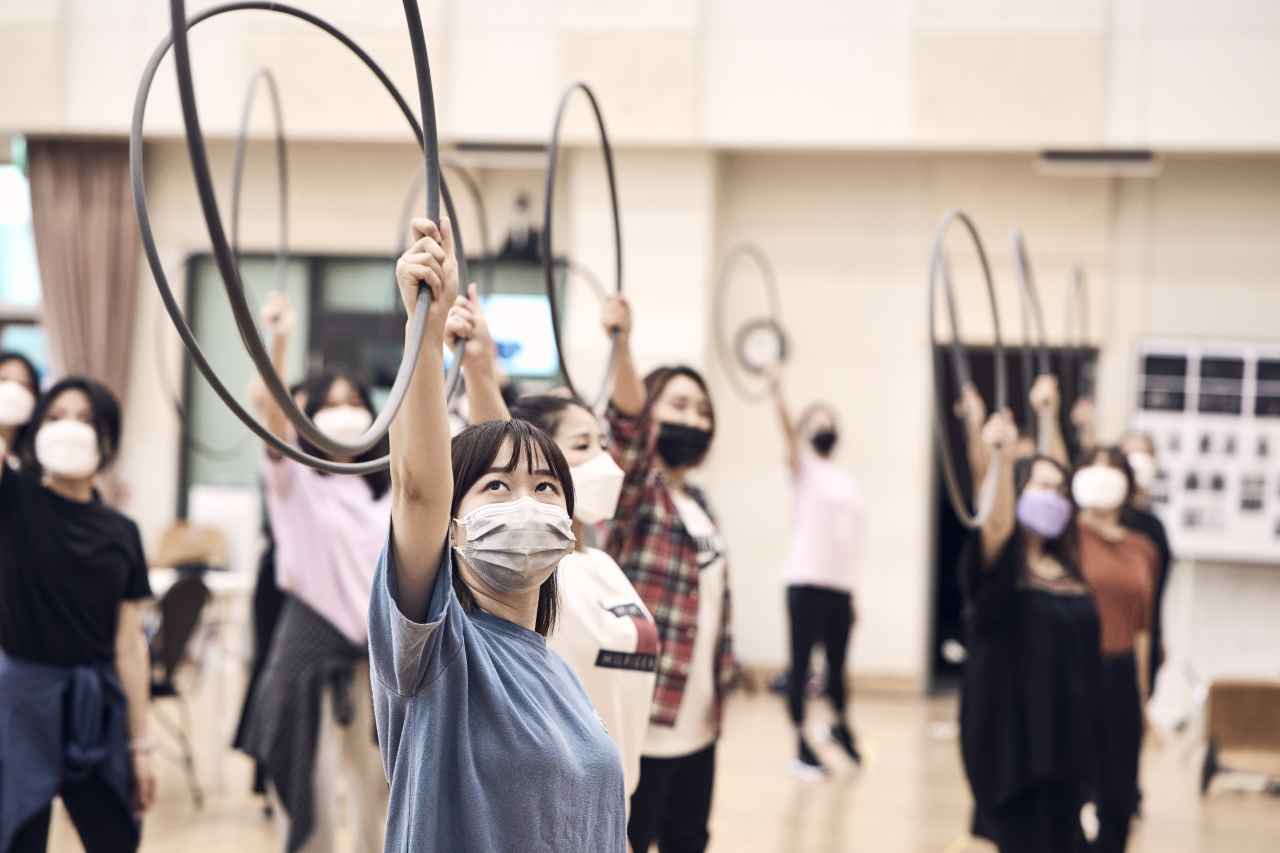 |
Stage director Arnaud Bernard (KNO) |
The biblical story of Samson and Delilah will get a major reinterpretation at the upcoming performance presented by the Korea National Opera in October, as the set moves from Biblical Gaza to 1938 Nazi Germany.
The KNO is to stage opera “Samson and Delilah,” Oct. 7-10, at the Seoul Arts Center, commemorating the 100th anniversary since the death of Saint-Saens.
It will be the first time in 40 years that the state opera company has gone onstage with the opera work. This time, the production will be set on Kristallnacht in 1938, Nazi Germany.
Also known as the Night of Broken Glass, Kristallnacht refers to the night of Nov. 9-10, 1938, when the German Nazis attacked some 270 synagogues, destroyed 7,000 Jewish businesses and arrested 30,000 Jews.
“For me, it is hypocritical to not to use what happened in the 1930s to the Jews. This story of the Jewish people in Nazi Germany is something known by everyone,” stage director Arnaud Bernard said during an interview with The Korea Herald at the Seoul Arts Center on Wednesday.
Bernard is a highly sought after stage director in the European opera scene. He has worked with prestigious theaters such as the Mariinsky Theater, Arena di Verona and more.
“We have a lot of references. I think it is stronger to talk to the young audience who go to the cinemas, watch TV at home and have got access to the internet,” he said.
Bernard said “Samson and Delilah” was a “strange opera.” Saint-Saens originally wrote the work as an oratorio, but later developed it into an opera, after being persuaded by Liszt.
“I think that the first goal of the stage director is to transform this oratorio into an operatic thing,” he said. “You have something that is not an opera originally. It is a strange opera. And if we don’t have a strong involvement, strong idea of by the stage director, in my opinion, it can be and is usually very boring.”
Bernard yet highlighted that the transportation of a plot to a more recent setting does not necessarily make a show modern.
“The modernity comes from the way of acting, getting an involvement of chorus members, to ask everyone to be cinematic on stage. It does not come from the setting, or the contemporary costumes,” he said.
 |
Cast members of “Samson and Delilah” rehearse (KNO) |
The French stage director thinks that the Korean audiences may be able to relate strongly to the opera production, as Koreans also share the history of oppression during the Japanese occupation of Korea.
“The Korean audience will recognize something of their past,” Bernard said. “I worked with the chorus members, they told me they are thinking about their past. I think the audience will connect, though it was not my goal originally.”
The director highlighted that the transposition of the setting is all about making the story stronger.
“This transposition is possible because the music of Saint-Saens is very powerful,” he said. “All these ingredients make this transposition very strong and faithful to the spirit wanted by the composer.”
Conductor Sebastian Lang Lessing will take the baton. Tenors Kristian Benedikt and Oliver Kook will take the role of Samson, while mezzo sopranos Lee A-kyeong and Kim Jung-mi are to play Delilah. The Korean Symphony Orchestra and Noi Opera Chorus will join the show.
After the Seoul engagement, the opera will move to Daegu, going onstage at the Daegu Opera House from Oct. 29 to 30 for the 18th Daegu International Opera Festival.
Bernard will return to Korea in November to prepare for the staging of Verdi’s “La Traviatta” with the Korea National Opera in December.
By Im Eun-byel (
silverstar@heraldcorp.com)









